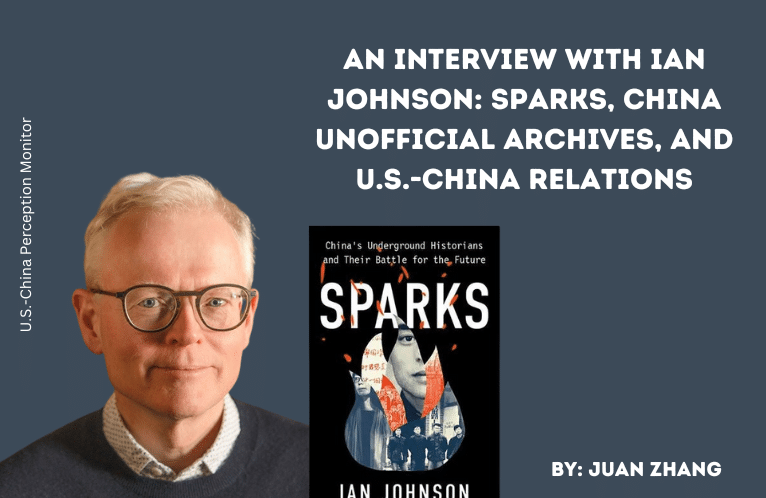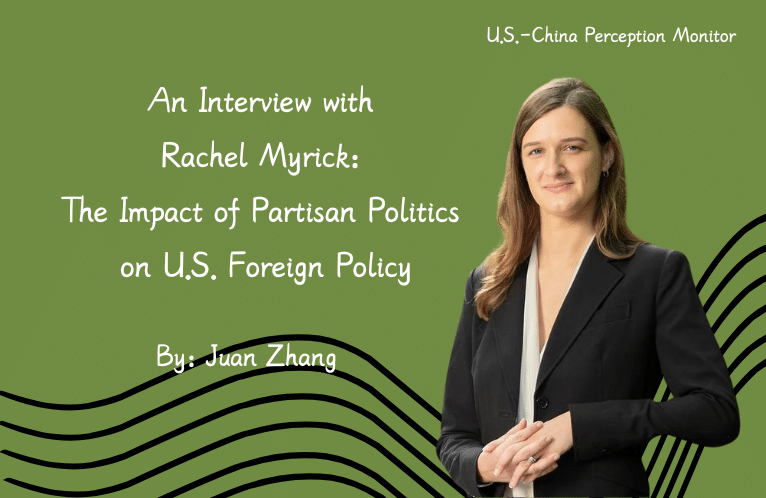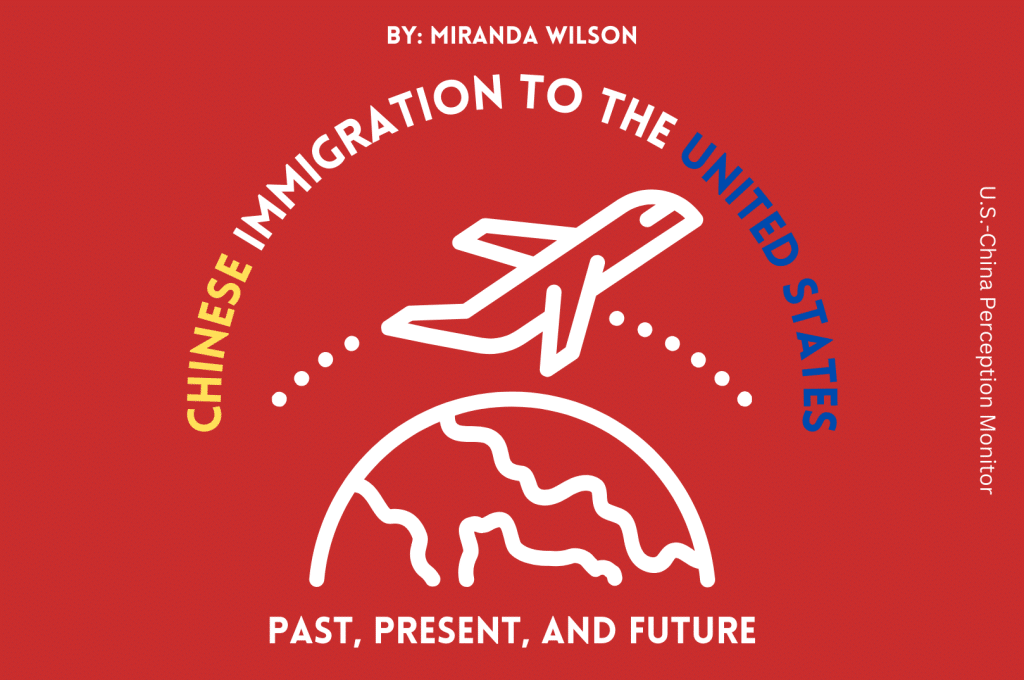Significance and Challenges: China-U.S. Cooperation on the Fentanyl Issue
Can Jack Ma Create One Million Jobs in the U.S.? Maybe Not, But Give Him A Chance
On January 9, Jack Ma, founder and chairman of the Alibaba e-Commerce Group, travelled to Trump Tower in New York to meet with then-president-elect Donald Trump and discuss his strategy to create a million jobs in the United States. While Mr. Ma planned to enter the American market for a number of years, selling his market entry strategy as a job-creation mechanism corresponded well with Donald Trump’s presidential mission to create jobs in the United States.
American observers approached this promise with skepticism. Market Watch warned, “don’t be fooled by the latest billionaire meeting at Trump tower… Alibaba won’t create one million jobs in the U.S. as promised, at least not directly.” CNN called the promise “vague and misleading” as it promises stimulating business through trade rather than jobs directly with Alibaba. Indeed, an Alibaba spokesman later confirmed to Market Watch that these would not be corporate jobs.
The suspicion levied against Jack Ma’s striking promises may be warranted. Nevertheless, Alibaba has a strong track record of expanding small businesses, including rural small businesses, and helping them connect with global markets. Prior to Alibaba’s success, few small- and medium-sized Chinese businesses had access to platforms in which they could enter global markets, says Dr. Penelope Prime, director of the Atlanta-based China Research Center and professor of international business at Georgia State University. “Before…you had to be in South China with the base of the global supply chain,” Dr. Prime argues, “All of a sudden, all of these [smaller] companies around China could be part of the game.” Small and medium sized businesses outside of trading hubs, using Alibaba’s online services, can sell their products to larger domestic and global markets.
Expanding market access in China has gone from a corporate strategy to a national policy. According to Quartz Media, the national government, in an effort to promote poverty alleviation, has provided assistance to so-called “Taobao villages” to produce unique goods that would once have been produced in massive, urban factories. Alibaba states that about two hundred small villages once considered impoverished by Beijing are now selling over $1 million USD worth of goods online per year.
The macro-level results are telling. According to the China e-Commerce Research Center’s 2016 annual report, the Chinese e-Commerce industry directly employed 2.85 million people in 2016, up from about 1.8 million people in 2011. The Research Center also estimates that 21 million people from other industries were employed in related to the e-Commerce industry, such as logistics and communications. While the report does not clarify how these jobs are related to the expansion of the e-Commerce industry, the increase in logistics and communications jobs certainly coincides with the Chinese e-commerce boom in the last five years.
 Can Alibaba have the same kind of impact in the American economy? Will “Taobao towns” spring up in Ohio, Michigan, or Wisconsin? The barriers to entry for Alibaba into the American e-commerce market are steep, argues Prime. Mr. Ma would face staunch competition from deeply entrenched corporations like Amazon and eBay.
Can Alibaba have the same kind of impact in the American economy? Will “Taobao towns” spring up in Ohio, Michigan, or Wisconsin? The barriers to entry for Alibaba into the American e-commerce market are steep, argues Prime. Mr. Ma would face staunch competition from deeply entrenched corporations like Amazon and eBay.
Alibaba’s edge lies in its capacity to enable small and medium sized companies to access the Chinese market, something only larger corporations could do in the past. Alibaba’s marketplace platforms have the potential to help American small businesses export to Chinese and global consumers. “There’s a tremendous demand in China for good-quality products [among the middle class],” Prime argues, “People would prefer, with lots of products and especially those you consume, whether it’s vitamins, medicine, or food, to get those products from outside of China. That’s a huge potential market that Alibaba could connect.” Given the tainted milk and baby formula scandals in 2008, Mr. Ma’s reported interest in the American Midwest is particularly noteworthy.
Nonetheless, the massive number of counterfeit products on Taobao and other Alibaba marketplaces poses a challenge to the company’s expansion in the American market. Last year, the U.S. Trade Representative (USTR) put Taobao back on its list of “notorious markets” for counterfeit products. The proliferation of counterfeit products on Alibaba’s sales platforms disproportionately affects small businesses. According to the USTR’s notorious markets report, “while recent steps set positive expectations for the future, current levels of reported counterfeiting and piracy are unacceptably high.” Despite removing, according to the Alibaba Group, nearly 380 million counterfeit listings from 2015 to 2016, the USTR report asserts that company programs for intellectual property protection remain out of reach for small- and medium-sized businesses.
The New York Times reports many small businesses allocate a disproportionate amount of time and resources to removing underpriced copies of their products. For instance, counterfeiters have listed tables copied from Phoenix, Arizona-based furniture-maker, Vintage Industrial, for around $50 on Alibaba’s platforms. Vintage sells the same tables for up to $3,000 in the United States. While a larger company might have a legal team to file paperwork and pursue action against counterfeiters, Vintage’s founders Greg and Sim Hankerson struggle to remove counterfeit listings on their own. Alibaba will need to work more closely with American small businesses to guarantee that their IP will be protected if they list their products on the company’s platforms to sell to Chinese consumers.
Mr. Trump’s election did not sway Alibaba to expand its presence in the American market. Jack Ma’s intentions to bring Alibaba to the United States have been clear ever since his IPO on the New York Stock Exchange in 2014. If nothing else, Mr. Ma sought to show his affinity with Donald Trump’s presidential “brand”: a focus on rural economies, job creation, and small businesses. If the United States and China are in for a bumpy road in trade relations, Alibaba’s political connections will prove to be extremely useful as they expand in the American market. Nonetheless, small businesses will be interested in selling products on Alibaba’s platforms only if they can be guaranteed their intellectual property will be secure.
Special thanks to Dr. Penelope Prime, Professor of International Business at Georgia State University’s J. Mack Robinson College of Business and Director of the China Research Center, for contributing to this article.
Alec Nash is a 2016 graduate of Emory University and a contributor to uscnpm.org. You can find him on Twitter @alechnash.
Featured image credited to CNN Money









